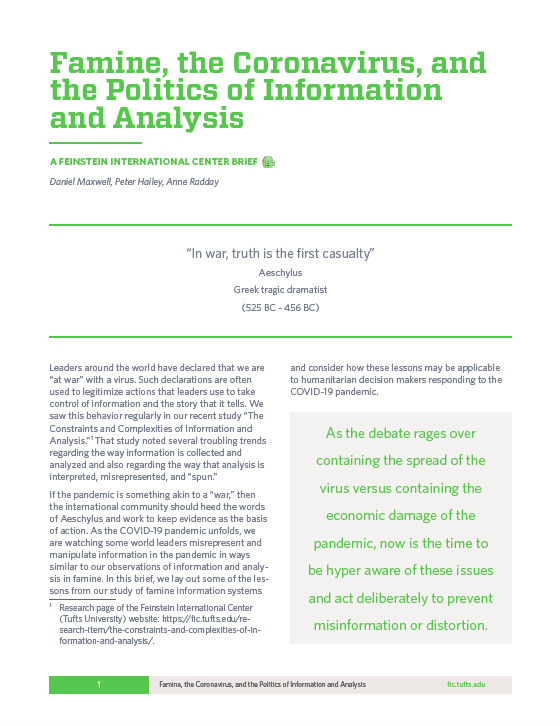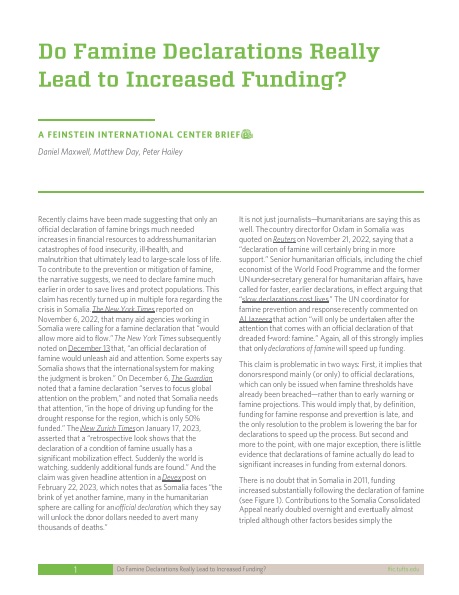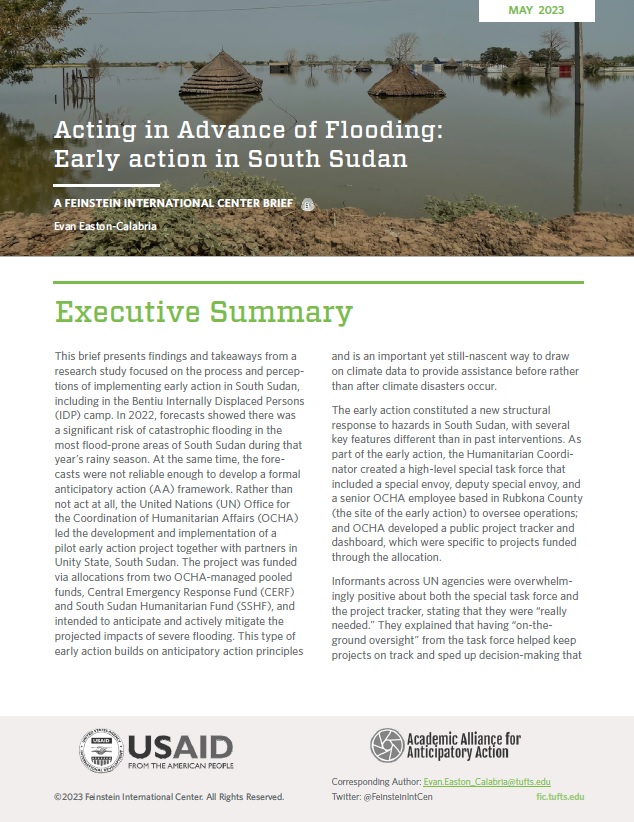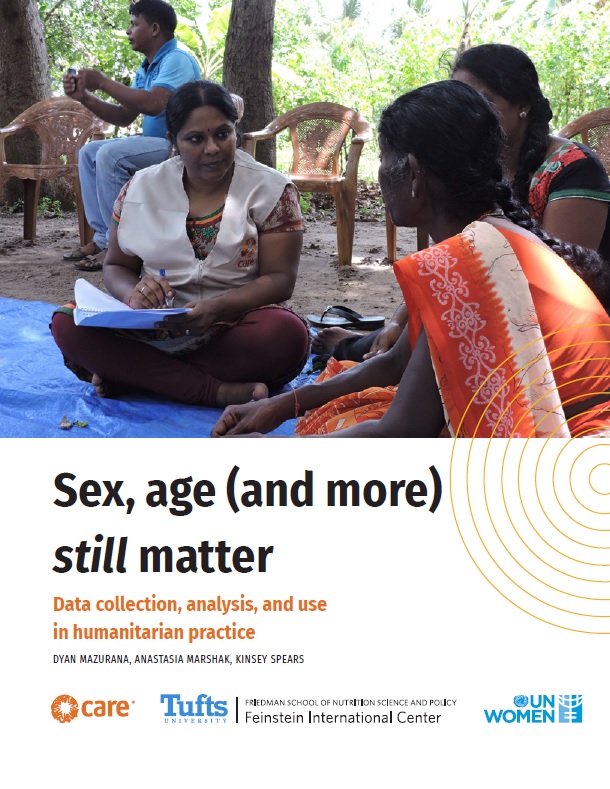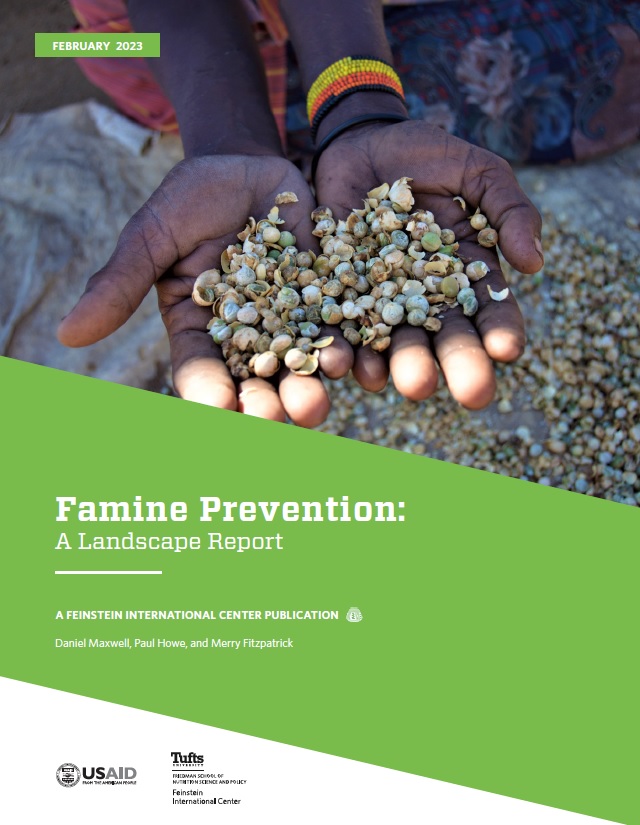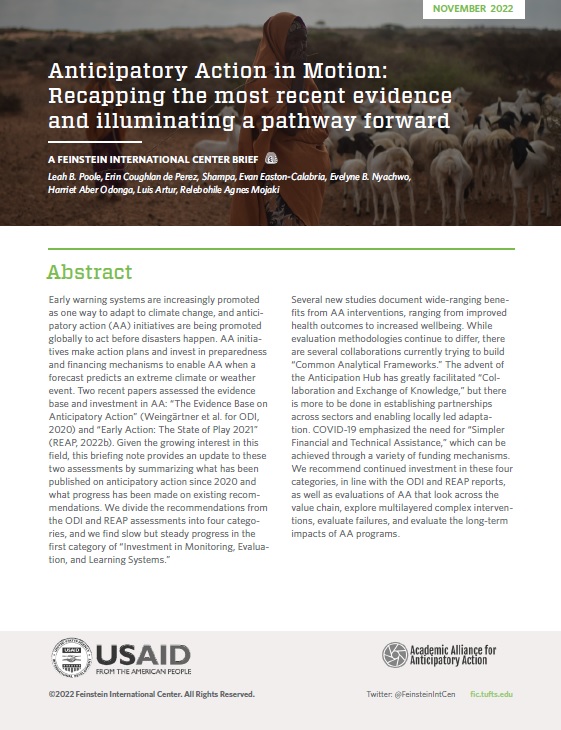In early 2020, leaders around the world declared “war” with a virus. Such declarations are often used to legitimize actions that leaders use to take control of information and the story that it tells. Our study, “the Constraints and Complexities of Information Analysis,” noted several troubling trends regarding the way information about the coronavirus is collected and analyzed and also regarding the way that analysis is interpreted, misrepresented, and “spun.”
Parallels with the coronavirus pandemic played out before our eyes around the world, with near daily tussles between scientists and politicians in some countries. In many countries, the lack of testing capacity and incomplete data on all aspects of the pandemic opened opportunities for spinning data and mistrusting official messaging about the progress of the pandemic and the response. Conspiracy theories about the origins of the virus and how it is transmitted abounded.
In this brief, we lay out some lessons from our study of famine information systems and consider how these lessons may be applicable to humanitarian decision makers responding to the COVID-19 pandemic. These lessons are related to:
- Access to data and missing information
- Influences on the “number in need”
- The loudest voice in the room
- Blatant political interference
- Self-censorship
As the debate rages over containing the spread of the virus versus containing the economic damage of the pandemic, decision-makers and consumers of information need to be hyper aware of these issues and act deliberately to prevent misinformation or distortion.

